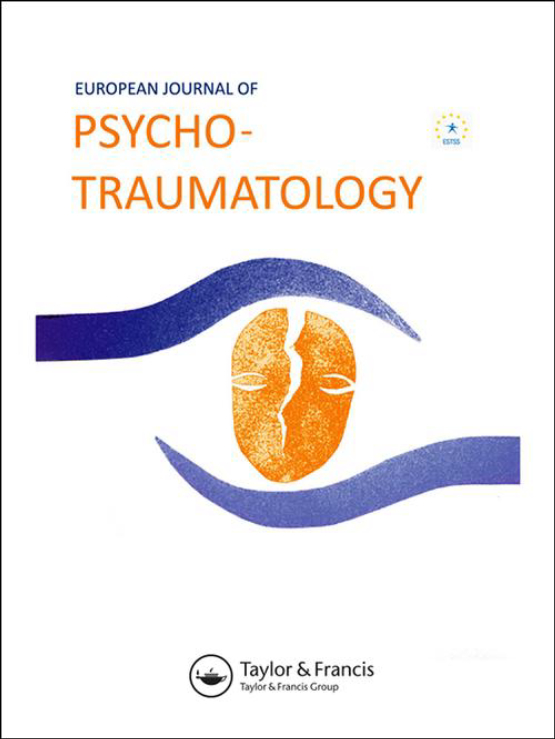Submit a Manuscript to the Journal
European Journal of Psychotraumatology
For a Special Issue on
Trauma Data FAIRification: Lessons Learned and Ways Forward
Manuscript deadline
01 October 2024


Special Issue Editor(s)
Lonneke I M Lenferink,
University of Twente, Netherlands
Maya O'Neil,
U.S. Department of Veterans Affairs
Anke de Haan,
Ruhr University Bochum, Germany
Trauma Data FAIRification: Lessons Learned and Ways Forward
Findable, Accessible, Interoperable, Reusable (FAIR) data practices are of great value for science in general, and, in particular, for the field of trauma research (Kassam-Adams & Olff, 2020). Advantages of FAIR trauma data are, for example, less participant burden by reusing existing data; and more transparent, replicable, and unbiased research practices. Reusing existing individual-level data from multiple studies may in turn result in answering novel research questions that are impossible to answer with one single study, such as using harmonised individual patient/participant data (IPD) to examine moderators of treatment outcomes (cf., de Haan et al., 2024). The advantages of FAIR data practices are acknowledged by trauma researchers; however, researchers may struggle with overcoming barriers to make their data FAIR. Examples of these barriers for FAIR data practices are legal issues that differ across institutions and countries and not having the know-how to make your research practices FAIR (Prakesh et al., 2023). This special issue of EJPT is dedicated to pave the way for FAIR trauma data and research studies. It will bring together lessons learned and ways forward from contributors working in areas related to FAIR trauma data with different backgrounds and professions from around the world.
In this special issue, we invite submissions on the following topics:
- Lessons learned from individual-participant data-pooling projects
- Ethical guidelines for sharing and re-using trauma data
- Standards for reporting metadata, data dictionaries, code books
- Guidance on deidentification of trauma data
- Perspectives of academics on FAIR data practices related to trauma research
- Applications of FAIR data practices in the field of trauma research
References
de Haan, A., Meiser-Stedman, R., Landolt, M. A., Kuhn, I., Black, M. J., Klaus, K., Patel, S. D., Fisher, D. J., Haag, C., Ukoumunne, O. C., Jones, B. G., Flaiyah, A. M., Catani, C., Dawson, K., Bryant, R. A., de Roos, C., Ertl, V., Foa, E. B., Ford, J. D., … Dalgleish, T. (2024). Efficacy and moderators of efficacy of cognitive behavioural therapies with a trauma focus in children and adolescents: an individual participant data meta-analysis of randomised trials. The Lancet Child & Adolescent Health, 8(1), 28-39. https://doi.org/10.1016/S2352-4642(23)00253-5
Kassam-Adams, N., & Olff, M. (2020). Embracing data preservation, sharing, and re-use in traumatic stress research. European Journal of Psychotraumatology, 11(1), 1739885. https://doi.org/10.1080/20008198.2020.1739885
Prakash, K., Kassam-Adams, N., Lenferink, L., & Greene, T. (2023). Data sharing and re-use in the traumatic stress field: An international survey of trauma researchers. European Journal of Psychotraumatology, 14(2), Article 2254118. Advance online publication. https://doi.org/10.1080/20008066.2023.2254118
Looking to Publish your Research?
Find out how to publish your research open access with Taylor & Francis Group.
Choose open access